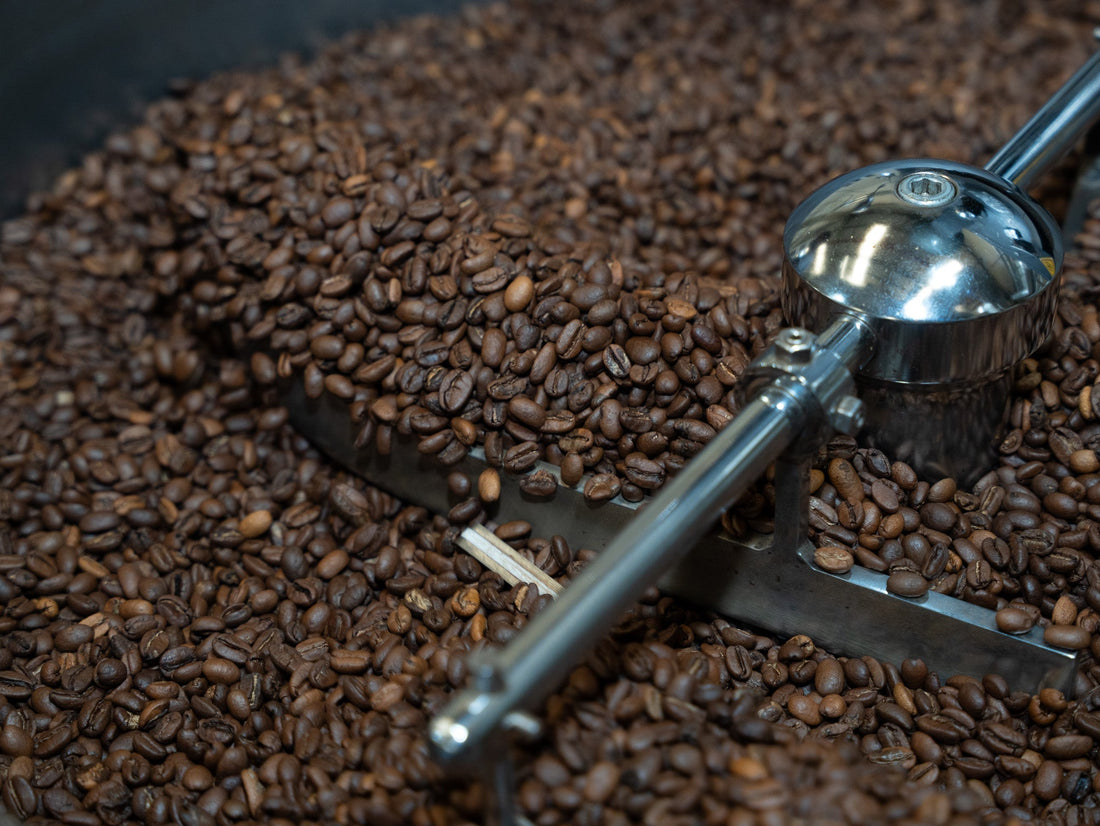Ever wondered what truly happens inside your coffee maker? Brewing coffee isn’t just mixing hot water and beans, it's a mini chemistry experiment in your kitchen. The magic lies in how temperature, time, and pressure bring out hundreds of flavor compounds from your coffee grounds. Let’s dive into the fascinating chemistry behind a perfect cup of coffee and understand how every element from aroma to acidity plays its part.
What Happens When You Brew Coffee
When hot water meets ground coffee, a process called extraction begins. This means the water pulls out soluble compounds like oils, acids, and caffeine from the coffee grounds.
- The first compounds to dissolve are the fruity acids and sugars, giving the brew its sweetness and brightness.
- Next come the bitter compounds and caffeine, which add balance and depth.
If you stop brewing too soon, you’ll get under-extracted coffee — sour and sharp. Let it brew too long, and you’ll end up over-extracted — bitter and harsh. The goal? A perfect balance between sweetness, acidity, and bitterness.
Coffee Brewing Chemical Reactions
Brewing coffee is all about chemical reactions. As the water temperature rises, it helps break down the cell walls of coffee grounds, releasing more flavor compounds.
- Maillard Reaction: This happens during roasting but continues slightly during brewing. It’s what gives coffee its rich brown color and toasted aroma.
- Oxidation: A small amount of oxidation while brewing can enhance aroma — but too much can make coffee taste stale.
- Caffeine and Acidity Balance: The balance between caffeine, acids, and oils creates the body and mouthfeel of your drink.
That’s why your coffee never tastes the same when you change the grind size, temperature, or brew time — every little detail alters the chemistry.
Understanding Coffee Extraction Process
To perfect your coffee extraction process, you need to control three key elements:
1. Water Temperature
Ideal brewing temperature: 90–96°C
Too hot, and it extracts bitter compounds; too cold, and the coffee tastes flat.
2. Brew Time
Short extraction = sour taste
Long extraction = bitter taste
Perfect extraction = balanced and flavorful
3. Grind Size
Finer grinds extract faster (good for espresso), while coarser grinds need more time (great for French press).
Your grind size should match your brewing method — that’s the secret behind coffee brewing science.
Coffee Solubles, Aroma, and Flavor
Your cup of coffee holds over 800 aroma compounds — that’s more than wine!
- Coffee solubles include natural sugars, acids, and oils.
- They give coffee its flavor complexity, from nutty to fruity notes.
- The aroma compounds are what make the experience complete — that inviting smell that fills the room when you brew.
Every bean and roast level offers a different balance of coffee solubles and flavor compounds, making each cup unique.
Temperature, Acidity, and Flavor
Did you know that even a few degrees difference in brewing temperature can change how your coffee tastes?
- Lower temperatures highlight acidity and fruitiness.
- Higher temperatures extract more bitterness and caffeine.
So if your coffee tastes too sour, slightly raise the water temperature next time. If it’s bitter, cool it down a little.
How Brewing Time Affects Taste
Your brewing time directly affects how much of the coffee’schemistry ends up in your cup.
- Under 2 minutes: Too sour and light (under-extracted)
- 3–4 minutes: Balanced and flavorful
- Over 5 minutes: Bitter and heavy (over-extracted)
Every second counts — that’s the beauty of coffee science.
Quick Tips for a Chemically Balanced Brew
- Use filtered water — minerals matter.
- Keep your coffee-to-water ratio around 1:15–1:18.
- Always preheat your equipment.
- Experiment — small tweaks reveal big differences.
Brewing Coffee the Right Way in the UAE
With the UAE’s growing love for specialty coffee, more people are exploring how chemistry affects taste. Whether you’re brewing at home or visiting cafés in Abu Dhabi or Dubai, understanding your coffee’s chemistry helps you appreciate each sip — from the first aroma to the final note.
FAQs: The Chemistry Behind a Perfect Cup
Q1. Why does my coffee taste sour?
A: Sourness usually means under-extraction, try using hotter water or extending the brew time.
Q2. What’s the ideal temperature for brewing coffee?
A: Between 90°C and 96°C this range extracts the perfect balance of acids and sugars.
Q3. Does grind size affect coffee chemistry?
A: Yes! Finer grinds extract faster, while coarse grinds need more time for balanced flavor.
Q4. How does brewing time change coffee flavor?
A: Short brew = sour. Long brew = bitter. Balanced time = smooth and rich.

